Group Members - Wine Production and Climate Change in Arid Environments around the Roman Mediterranean
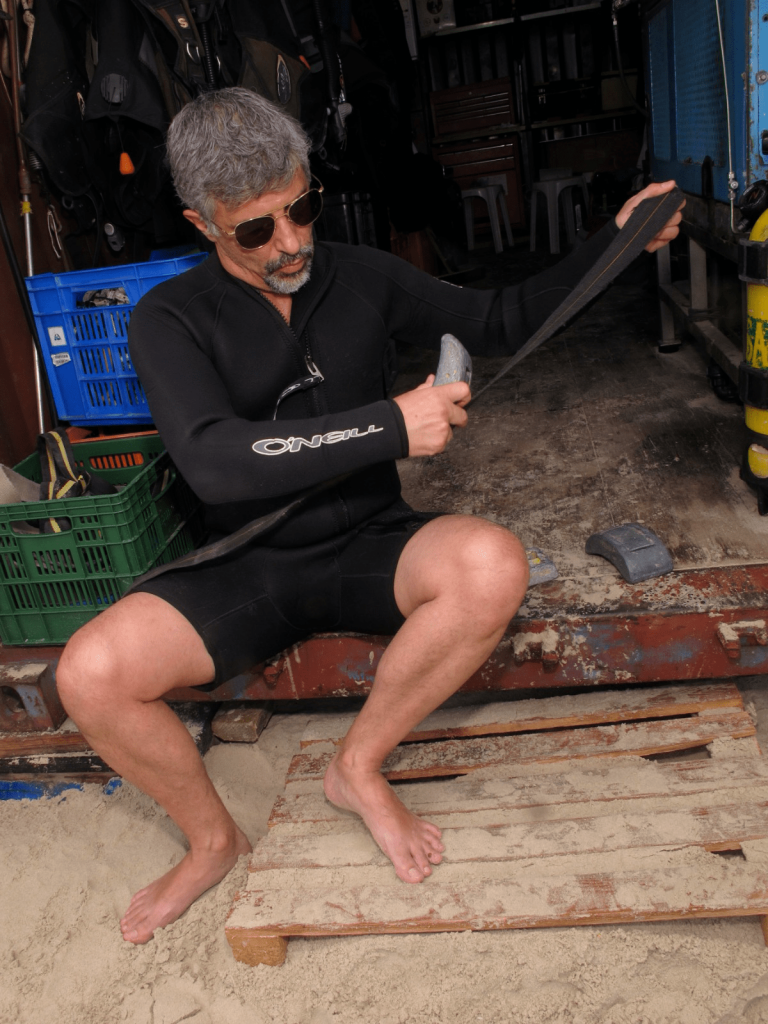
Prof. Gil Gambash, Department of Maritime Civilizations, University of Haifa
Gil Gambash is a classical historian, studying the ancient Mediterranean. He is the co-founder and director of the Haifa Center for Mediterranean History. He spent the year 2020 at the Institute of Classical Studies in London, as a Leverhulme visiting scholar, working on ecological perspectives of Mediterranean societies. His current projects focuses on arid areas and their interaction with the maritime sphere, seeking to explain modes of primary production, habits of consumption, and economic dependencies. The launching point of the project is the southern Levantine Negev, and its dominant late-antique wine industry, which relied on carefully devised runoff farming.
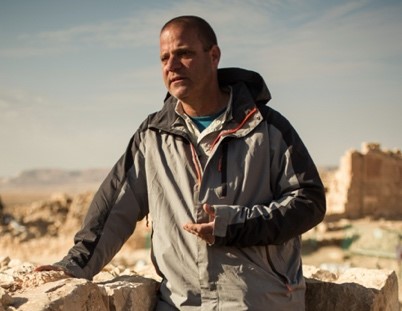
Prof. Guy Bar-Oz, Department of Archaeology, University of Haifa
Guy Bar-Oz is an archaeo-zoologist, and the director of the Negev Byzantine Bio-Archaeology Research Program, an ERC project. He is also the head of Laboratory of Archaeozoology, University of Haifa, Israel. His research focuses on the cultural and biological heritage of the ancient Land of Israel. His research team is a hub for a collaborative scientific network with a strong foundation in anthropological and biological research. His main research efforts deal with developing and applying novel methods for reconstructing in high resolution the culture and environmental landscape of extinct past societies.
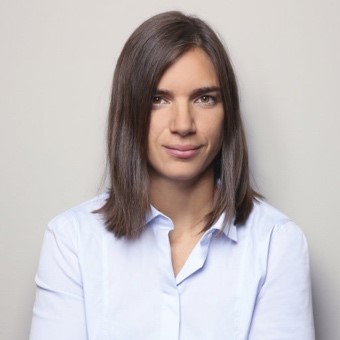
Dr. Maritina Stavrakaki, Laboratory of Viticulture, Agricultural University of Athens
Maritina Stavrakaki holds a diploma (BSc) in Crop Science and Engineering, a MSc in Viticulture and Enology, and a PhD in Viticulture, all from the Agricultural University of Athens (AUA). Her 10-year research experience includes the identification and discrimination of Greek grapevine varieties and their clones using ampelographic and molecular methods and tools, as well as the study of their quality characters. Her teaching experience includes teaching the courses of General and Advanced Viticulture at the Agricultural University of Athens and at the Department of Chemistry, National and Kapodistrian University of Athens for bachelor and master level students. She has participated in many national and European scientific projects and she is an author and co-author of more than 15 scientific papers and presentations in peer-reviewed journals, symposia and conferences.
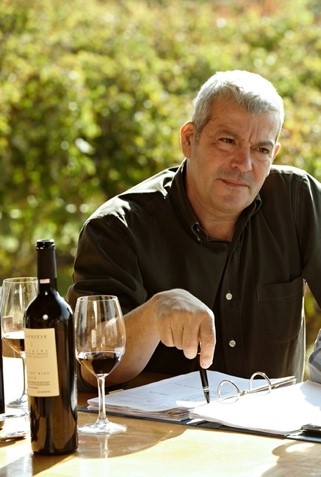
Dr. Yiannis Paraskevopoulos, Department of Enology, University of West Attica
Yiannis Paraskevopoulos, born in Athens, Greece 1959, studied Agronomy at the University of Thessalonica, Greece. He did his post-graduate studies in enology at the University of Bordeaux, France, from where he graduated in 1988 with the title of Doctorate (PhD) in Viticulture & Enology. Since 1994, he teaches Wine Making Technologies at the Department of Enology of the University of West Attica, where he holds a position of Professor of Enology. From 2018 to 2021 he held the position of the head of the department. Additionally from 1989 until 1994 he worked at the “Y. Boutari & Son wine company” as winemaker at their wineries in Santorini and Nemea. In 1994, together with Mr. Leon Karatsalo & Christina Legaki, founded “GAIA wines S.A.”, which currently owns two wineries, one on the Volcanic island of Santorini & a second one on the slopes of Nemea, in the north east of the Peloponnese. GAIA also owns 25 hectares of vineyards where Greek wine grape varieties are grown. The company has been elected by “Wine & Spirits Magazine” 8 times as one of the 100 best wine-making companies of the World. Finally, Yiannis also participates as co-founder in two microbreweries located on the islands of Santorini & Mykonos.
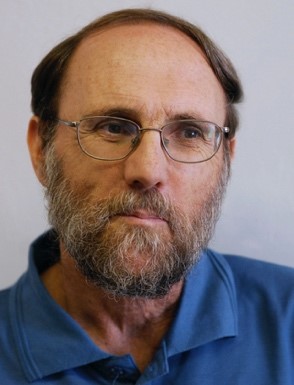
Prof. Gideon Avni, Israel Antiquities Authority and the Hebrew University
Gideon Avni is a the Chief Archaeologist for the Israel Antiquities Authority and Professor of Archaeology at the Hebrew University in Jerusalem. His academic interests focus on various aspects of Classical, Late Antique, Early Islamic and Medieval archaeology, the archaeology of Jerusalem, nomads and sedentary societies in the desert areas of the Near East, Mediterranean connectivity in Late Antiquןty and Early Islamic times, and the diffusion of technologies and movement of people in Eurasia. He has authored six monographs and numerous articles, and his recent books are The Byzantine – Islamic Transition in Palestine, an Archaeological Approach. Oxford: OUP (2014), and A New Old City – Jerusalem in the Late Roman Period. Rhode Island: JRA supplement (2017).
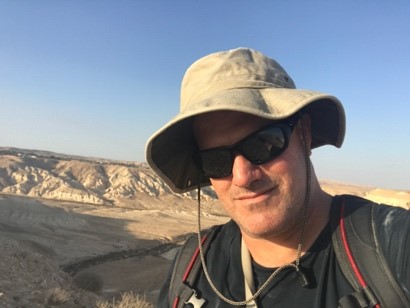
Prof. Yuval Ben-Bassat, Department of Middle Eastern and Islamic Studies, University of Haifa
Yuval Ben-Bassat is an Associate Professor at the Department of Middle Eastern and Islamic Studies at the University of Haifa where he teaches Ottoman and Turkish history since 2007. Ben-Bassat received his Ph.D. from the Department of Near Eastern Languages and Civilizations at the University of Chicago (2007). His research focuses on Ottoman petitions, Ottoman maps, Greater Syria in the 19th century, the rural population of Palestine, the early Jewish-Arab conflict, Gaza during the late Ottoman period, and the Young Turk Revolution of 1908. Ben-Bassat is the author of Petitioning the Sultan: Protests and Justice in Late Ottoman Palestine (London: I.B.TAURIS, 2013, 346pp.), the co-editor together with Eyal Ginio of Rethinking Late Ottoman Palestine: The Young Turk Rule, 1908-1918 (London: I.B. TAURIS, 2011,310pp.), and the editor of Developing Perspectives in Mamluk History (Leiden: Brill, 2017, 414pp.). Currently he conducts research on late Ottoman Gaza together with Prof. Johann Buessow from the University of Bochum (https://gaza.ub.rub.de/gaza), whose results are due to be published in a manuscript by Cambridge University Press in 2023. His connection to the wine group emerges through his current project on the vineyards of the coastal Southern Levant, titled ‘Heritage Gardens – applied interdisciplinary survey and documentation of fruit tree heirloom cultivars in the western Negev and southern coastal plains.’

